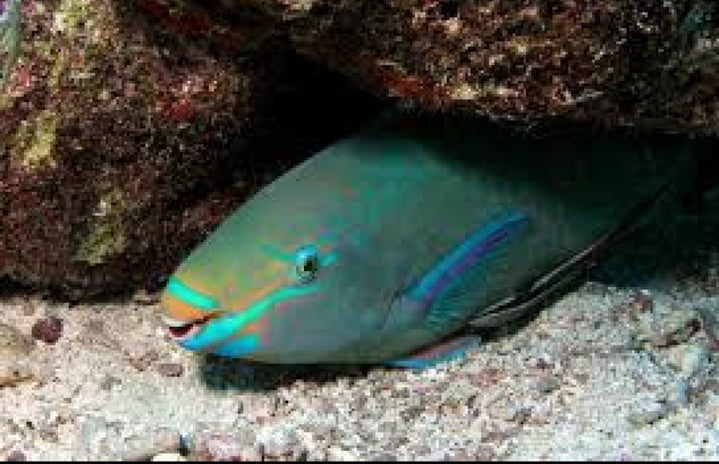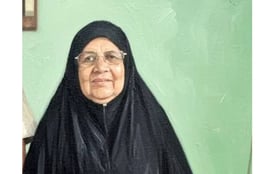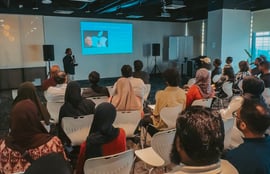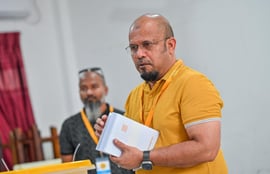Ministry of Fisheries, Marine Resources and Agriculture added Parrotfish to list of protected marine species in Maldives.
The new Maldives General Fisheries Regulation (2020/R-75), prohibits the capture, killing, harming or transporting of any species of parrotfish.
Additionally, trading and displaying parrotfish or items produced from its parts in in shops and public places will be prohibited from March 1, 2021 onwards.
The Maldivian government last granted protection status to a coral reef fish, the napoleon wrasse, in 1995.
Maldives Project Manager at Blue Marine Foundation, Shaha Hashim stated that "abundant and diverse populations of parrotfish are critical to allow our reefs to recover from threats that compromise their health such as coral bleaching".
"Our reefs have weakened over time and these threats are predicted to increase in frequency and intensity over time. Ensuring our reefs are healthy will allow us to protect ourselves and our islands from rising sea levels".
Parrotfish are herbivores that spend up to 90 per cent of their day eating algae off coral reefs with beak-like teeth. The grazing action creates space for coral larvae to settle, promoting coral growth whilst simultaneously preventing an overgrowth of algae. Up to 80 percent of the sand on outer reefs, which replenish Maldivian beaches and lagoons, are produced by Parrotfish.
"Research has shown that reefs with low numbers of parrotfish recover much slower than reefs with abundant parrotfish. I commend the Maldives government for this progressive step to protect their coral reefs and boost their ability to bounce back from damage", stated Callum Roberts, a Marine Science Professor at Exeter University in the United Kingdom with over 25 years of experience studying coral reefs.
According to the Blue Marine Foundation, although parrotfish were not among fish species traditionally targeted for consumption in Maldives, an increase was reported over the past ten years.
Yoosuf Abdul Rahman, a local fisherman from Dhiffushi Kaafu Atoll said, "I have been a reef fisherman for the past 20 years and I have seen an increase in the number of fishers targeting parrotfish. A lot of young people are now catching parrotfish in large numbers on recreational fishing trips".
Furthermore, several fishermen have recently reported declines in parrotfish numbers, increasing support for protective measures.
Zuhair, a reef fisherman from Huraa, Kaafu Atoll stated "I have been fishing for a long time and have seen the decrease in number of parrotfish being caught. I haven’t been able to catch a single parrotfish in three weeks. There is a definite need for protection as a decline has been observed throughout North Male’ atoll".
The Blue Marine Foundation has highlighted encouraging reports from workers in the fish market located in the capital city of Male'.
"During COVID-19, I think the number of recreational fishers targeting parrotfish doubled in Male’ Atoll. However, over the past two weeks since the ban there has been a decrease in the number of parrotfish being
brought here", said Ali Hassan, a fisherman who sells his catch to Male’ fish market.
The protection of parrotfish was announced two months following the #FishForTomorrow campaign, run by the Maldives Resilient Reefs Project of the Blue Marine Foundation. The social media campaign emphasized the the importance of parrotfish to the health of Maldivian coral reefs, and was supported by several local organisations, celebrities, fisheries scientists and members of the fishing community.
The Blue Marine Foundation expressed hopes that further conservation 'wins' could be secured in the future as the Maldivian government reviews fisheries management plans.
The Maldives Resilient Reefs project is Blue Marine Foundation’s initiative to restore coral reefs as climate-resilient ecosystems for the benefit of people, the environment and economies.




